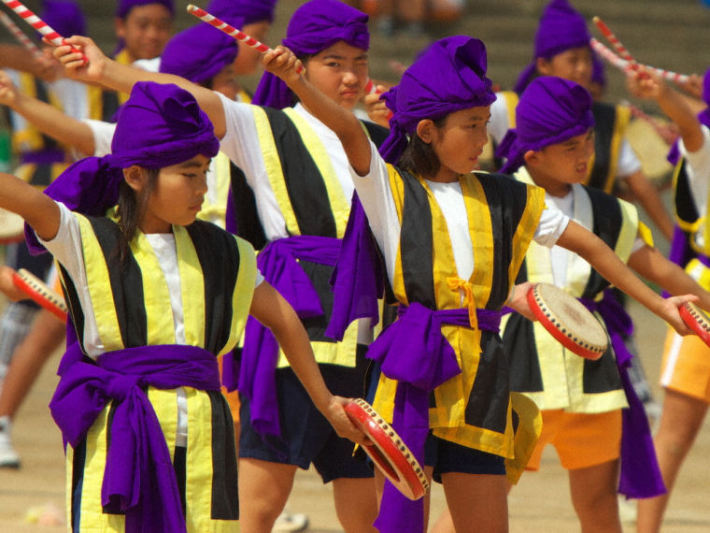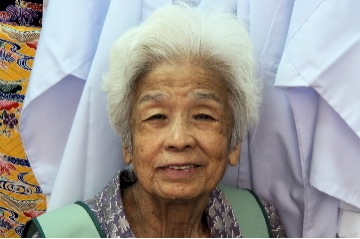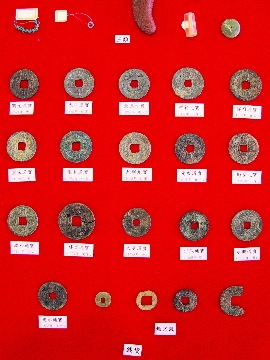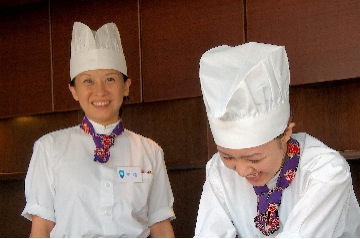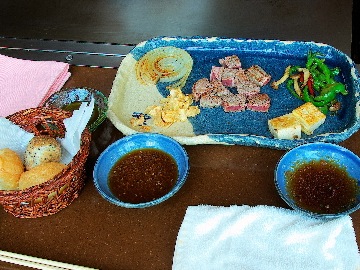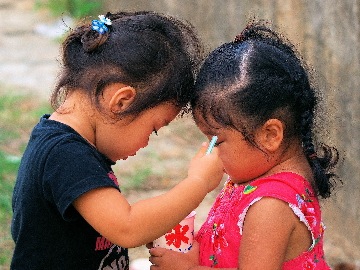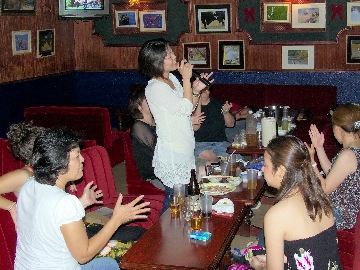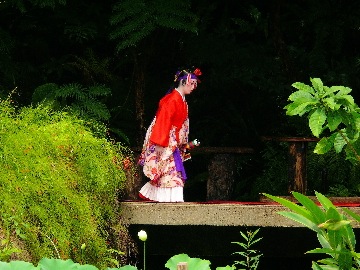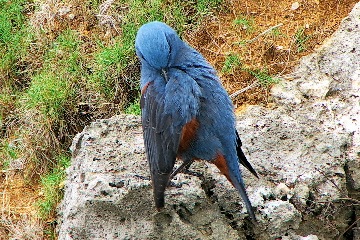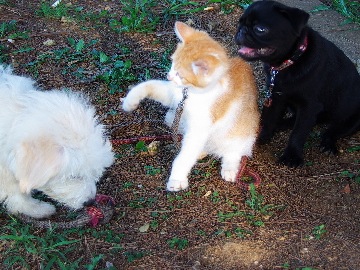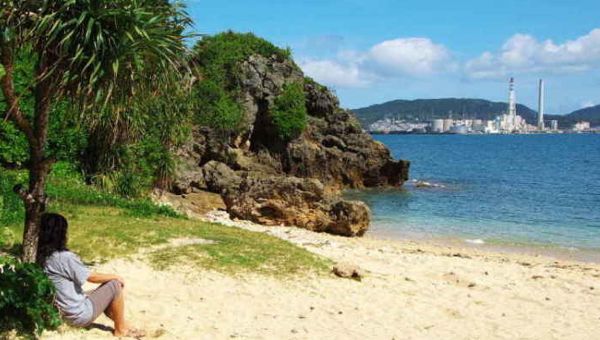
All photos by Ryukyu Mike
Japanese is the official language in all of Japan and is understood by everyone in Okinawa. There is also a native tongue, however, preserved by the elders.
This Okinawa language goes back centuries, to the days when the islands of Okinawa were the independent Ryukyu Kingdom. Scholars call it Okinawa-Hogen, or the Okinawan Dialect; it’s U-CHI-NA-GU-CHI, to a native.
